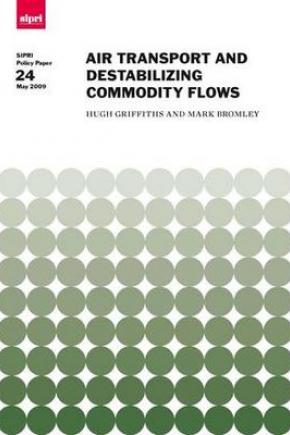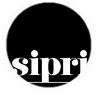Air Transport and Destabilizing Commodity Flows
Download the executive summary
About the authors
Hugh Griffiths (United Kingdom) is a Researcher with the Countering Illicit Trafficking-Mechanism Assessment Project (CIT-MAP) of the SIPRI Arms Transfers Programme. From 1995 until 2007 he worked for governments, the UN and non-governmental organizations in Eastern Europe and the Balkans, conducting investigative field research, analysis and programme management on issues surrounding humanitarian aid, clandestine political economies, conflict, and small arms and light weapons.
Mark Bromley (United Kingdom) is a Researcher with the SIPRI Arms Transfers Programme. Previously, he was a Policy Analyst for the British American Security Information Council (BASIC). His areas of research include the export control policies of EU member states, transparency in the field of international arms transfers and the illicit trafficking of small arms and light weapons.
1. Introduction
2. The role of air cargo carriers in destabilizing or illicit SALW flows
3. The role of air cargo carriers in war economies
4. The role of air cargo carriers in humanitarian aid and peacekeeping
5. The European Union response
6. The impact of EU air safety bans
7. Conclusions: policy options for the European Union
Appendix A. Typical flight routes
Appendix B. Model air intelligence programmes


